48 million people in the US have trouble hearing in at least one ear. Noise related hearing loss is irreversible. However, you can do some things to help avoid noise-induced hearing loss and protect your hearing from getting worse. With just a few small habit changes and increased awareness you can protect your hearing.
How Your Ears Work:
Sound is collected by the ear through sound waves. Sound waves travel down the ear canal to the eardrum. The eardrum vibrates and sends those vibrations to 3 tiny bones in the middle ear. The middle ear sends the vibrations to the cochlea in the inner ear. The cochlea sends the waves on to basilar membrane. There are tiny hair cells sitting on the basilar membrane. These cells start an electrical signal to the auditory nerve. The auditory nerve carries this electrical signal to the brain which becomes the sounds we recognize.
A loud sound can damage or dislodge the tiny bones of the middle ear causing hearing loss. Loud noises can also damage these tiny hair cells. Once these hair cells are damaged there is no way to fix them.
Understanding Sound Volume:
The volume of noise that you listen to or the sounds you are around does affect your hearing.
Noise levels are measured in decibels (dB). The larger the decibel numbers the louder the sound. 85 decibels or higher can cause hearing loss or hearing problems. The louder the noise the less time you should expose yourself to that noise.
- Leaves Rustling – 20 dB
- Whispering – 30 dB
- Conversation – 60 dB
- Busy Traffic – 70 to 85 dB
- Hair Dryer – 90 dB
- Lawn Mower – 106dB
- Rock Concert – 110 dB
- Plane Take off – 120 dB
- Gunshot or Firework – 140 dB
Risk factors:
Age – As we get older the tiny hair cells in the inner ear break down and don’t pick up sound vibrations as well. 39% of adults in their 60’s report hearing problems.
Exposure to Loud Sounds – Rock concerts or hunting for example.
Noisy Work Environments – Occupational hearing loss can effect:   Construction Workers, Firefighters, and Musicians, those in the Military, Manufacturing Workers, Road Workers, Auto Racing, Airport Employees (especially those on the tarmac) and other noisy work environments.
Smoking – Smoking tobacco makes you more likely to lose your hearing.
Medications – Antibiotics and cancer fighting drugs often have the side-effect of hearing loss. If drugs are labeled Ototoxic Drugs that means these drugs are toxic to the ears and can cause hearing loss.
Warning Signs Your Hearing Is At Risk:
- A sound is too loud if it hurts your ears.
- You have to raise your voice to be heard.
- You are unable to hear someone 3 feet away from you.
- Speech around you sounds muffled or dull after leaving a noisy place.
- Tinnitus – buzzing or ringing in your ears.
Hearing Loss Prevention:
Avoid earbuds and head phones whenever possible.
Listen to portable music devices safely: Set your headphone volume levels in a quiet environment and limit how long you listen with earphones on. Stay below 60% maximum volume. Every hour take a 5 minute break.
Block Loud Noises by Wearing Hearing Protection at loud events and activities – Find a hearing protector that is comfortable and convenient for you. And one you will wear every time you are in a risky environment. Here are some suggestions:
- Expandable Foam Plugs – Roll between your fingers then insert half-way into your ear. Foam Plugs usually are a one size solution.
- Pre-molded Re-useable Plugs – Made with plastic or rubber / come in sizes – should seal the ear without discomfort. They are inexpensive, washable and reusable.
- Canal Caps – These are ear plugs on a band that either goes over your head or around your neck or under the chin.  The advantage is you can remove when in a quiet office type environment replace when out in a production area.
- Earmuffs – Cover the whole outer ear and block noise. They can be hot and heavy. They may not seal well for those that wear glasses or have facial hair.
Give your ears 18 hours to recover after a concert.
Protect your ears when swimming. Swimmers often get ear infections. Repeated ear infections can lead to hearing loss.
Buy Appliances with Low Noise Ratings: You can run into this when shopping for appliances, appliances will have a decibel rating. Pay attention to these numbers and get the quietest running volume you can afford to protect your ears.
Wear ear protection when mowing, sawing, drilling, hammering and using a leaf blower.
Be aware of the decibels that are in your environment. All those noise levels happening at ounce can compound the noise level and harm your ears.
Your hearing can be evaluated. An audiologist is a hearing specialist who can check your hearing for loss and register deficiencies. They can provide you with a current baseline. That way when you need to be rechecked you have something to compare to.
Hearing Help Here! #HealthStatus
Sources:
https://www.hearinglink.org/your-hearing/protecting-your-hearing/
https://www.nidcd.nih.gov/health/how-do-we-hear
https://www.cdc.gov/nceh/hearing_loss/infographic/
https://www.webmd.com/a-to-z-guides/hearing-loss-prevention#1
https://www.healthyhearing.com/help/hearing-loss/prevention
https://www.your.md/condition/hearing-problems-tips-to-protect-hearing/
https://www.hopkinsmedicine.org/health/conditions-and-diseases/hearing-loss/4-ways-to-protect-your-hearing
https://www.hearingloss.org/hearing-help/hearing-loss-basics/prevention/
https://www.cdc.gov/niosh/topics/noise/choose.html
https://www.nhs.uk/live-well/healthy-body/top-10-tips-to-help-protect-your-hearing/



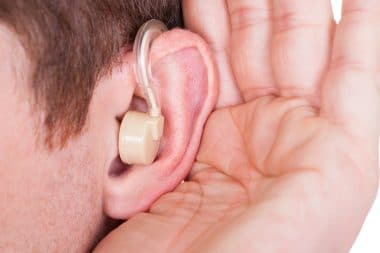

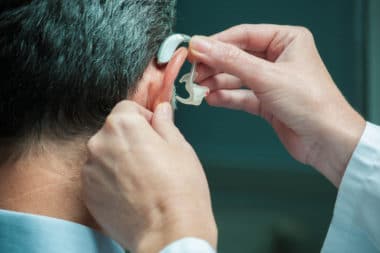
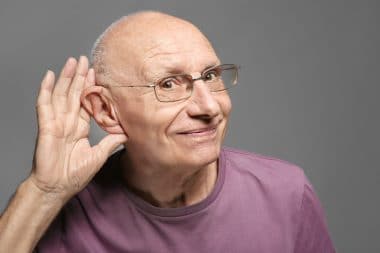
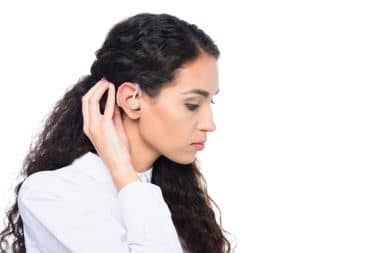
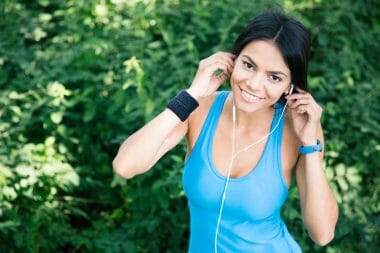
Reply